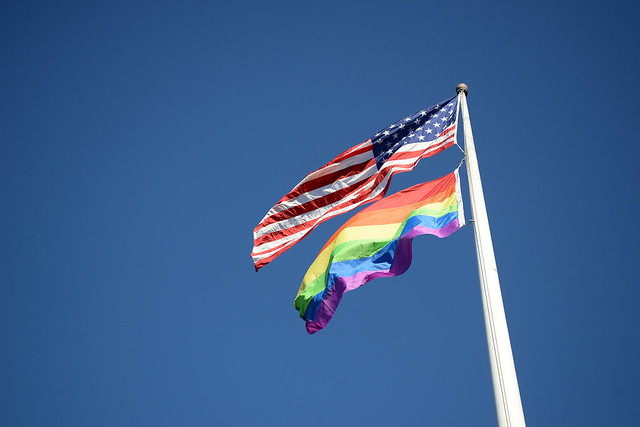
The journal for a religious medical group is retracting a paper that supported the discredited practice of conversion therapy for homosexuals over concerns about the statistical analyses — or lack thereof — in the research.
The paper, “Effects of therapy on religious men who have unwanted same-sex attraction,” was published last year in The Linacre Quarterly, the official journal of the Catholic Medical Association. (According to its website: “LQR explores issues at the interface of medicine and religion, focusing on bioethics and also exploring medical topics which have an ethical dimension.)
So, what were those effects? Pretty darn good, according to the article. Per the abstract:
Continue reading Catholic medical journal pulls paper on conversion therapy over statistical problems





